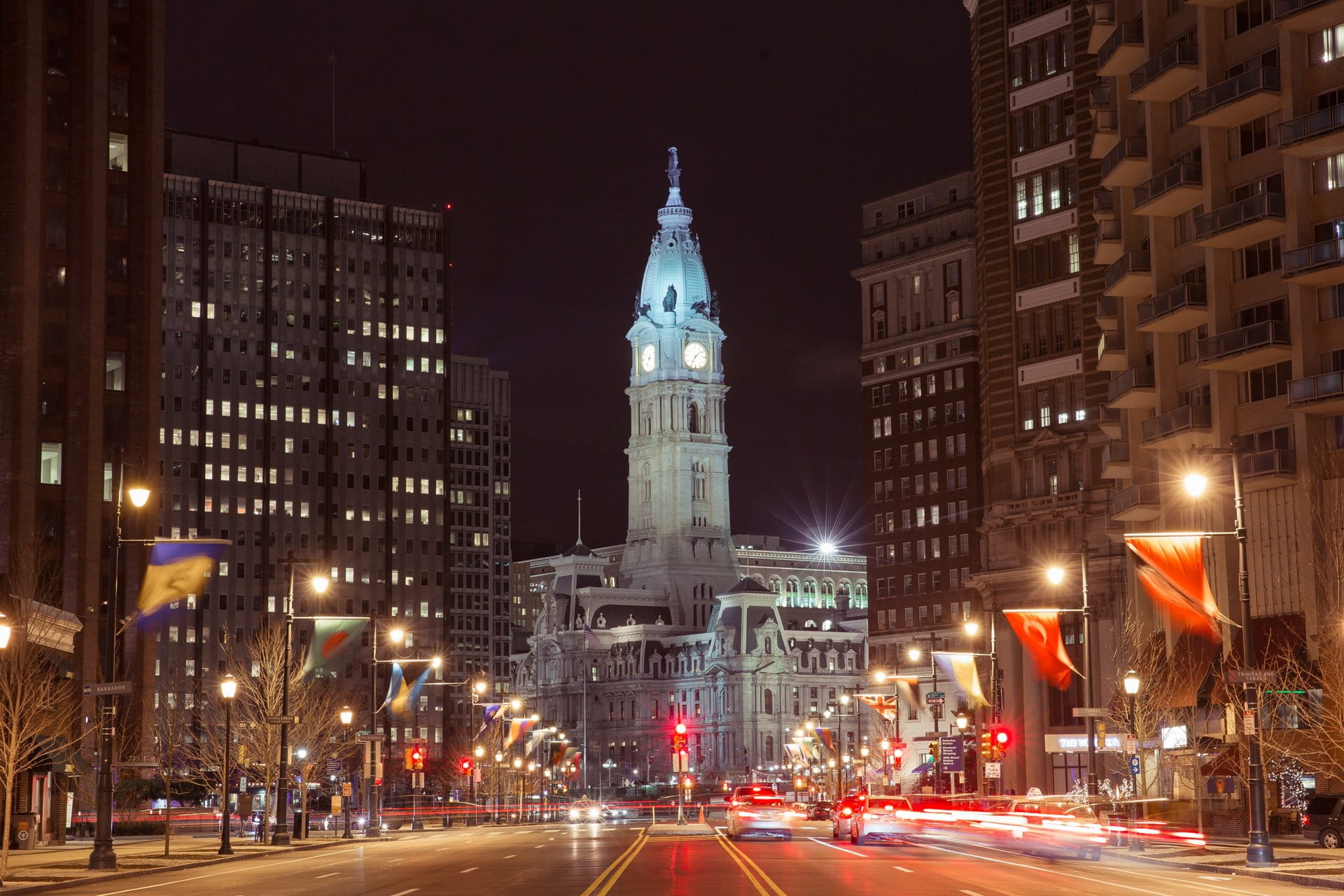By J. Alexander Short
Dr. Thomas Farley, Philadelphia Health Commissioner, recently stated “[t]he opioid problem is perhaps the greatest public health crisis this city has faced in the last century.” The opioid crisis continues to wreak havoc in Philadelphia, where it takes nearly four times more lives than homicide. Safehouse Philly, a recently proposed safe injection site in Philadelphia, seeks to address this crisis in a politically controversial manner. The organization quickly drew ire from a U.S. Attorney who promptly filed a federal lawsuit against Safehouse. The opioid crisis is now taking center stage as federal courts in Philadelphia will soon determine the fate of safe injection sites in the United States.
Safe injection sites, also referred to as supervised injection sites and overdose prevention sites, are facilities with medical supervision that allow intravenous drug users to administer their drug of choice in a safe and supervised manner. Dating back to 1986, the existence of safe injection sites now exist in many countries, including Canada, Australia, and several Western European countries. Despite this, safe injection sites remain a point of controversy in the United States.
Proponents of safe injection sites argue they offer many positives for society. One collateral effect of such sites is to reduce drug consumption on the streets or in other public places and promote safe disposal of drug paraphernalia. As opposed to a criminal or sanction-based approach to a public health problem like the addiction crisis, safe injection sites focus on a harm reduction model. In other words, acknowledging that behaviors like illicit drug use will occur, these health policies focus on the reduction of the harms associated with such behaviors.
On August 9, 2018, the articles of incorporation for a new nonprofit organization were filed with the Pennsylvania Department of State. Only five pages long, the articles bear the recognizable signature of Ed Rendell, former Governor of Pennsylvania, Mayor, and District Attorney of Philadelphia. Since this filing, the embryonic nonprofit organization has quickly garnered national attention, raising a litany of health policy and legal issues.
According to the Safehouse Philly website, the organization is a “privately funded Pennsylvania nonprofit corporation whose mission is to save lives by providing a range of overdose prevention services.” Safehouse will seek to meet this goal by providing four different services to “participants” of their services. First, Safehouse will offer a medically supervised consumption room for intravenous drug administration, providing sterile equipment, fentanyl test trips, emergency care for overdoses, and safe disposal of equipment. Safehouse additionally offers medically supervised observation rooms, presumably where participants will remain under medical supervision and in close proximity to emergency services. Safehouse will offer other medical services, such as wound care and on-site Medication Assisted Treatment (MAT). Finally, wraparound services such as social, medical, legal, and housing services will be provided to participants.
The proposal of a tax-exempt safe injection site in Philadelphia was expeditiously met with opposition from the U.S. Department of Justice. On February 5, 2019, the U.S. Attorney in Philadelphia filed a lawsuit against Safehouse seeking declaratory judgment that the organization’s activities would result in violation of federal law – namely, section 856 of U.S. Code. That portion of the law prohibits anyone from “knowingly [maintaining] any place, whether permanently or temporarily, for the purpose of manufacturing, distributing, or using any controlled substance.” According to a letter written on November 26, 2018, Safehouse Philly “respectfully disagree[s] with the conclusion that [their] proposed consumption room would violate federal law.”
This controversy raises a broader question relating to the role of safe injection sites in the opioid crisis. Clearly, there are benefits to the existence of safe injection sites. Safe injections allow those using intravenous drug to administer dangerous drugs in a clean, medically supervised space that allows for interaction with the healthcare system. This allows for an important point of contact for individuals with significant health risks directly and indirectly related to their substance use disorder. Additionally, by creating such a point of contact, the individual can be offered important wraparound services relating to housing, jobs, and treatment.
Clearly, however, the implementation of safe injection sites are not without their share of controversy. As the Justice Department vowed in 2018, safe injection sites may be met with legal action. Then U.S. Deputy Attorney General Rod Rosenstein stated he is “not aware of any valid basis for the argument that you can engage in criminal activity as long as you do it in the presence of someone with a medical license.” This raises the basic question of what role policymakers ought to play when the law arguably prohibits something that helps ease the strain of a healthcare crisis. Is the role of healthcare professionals to save lives or to save lives so long as it is within the realm of the law?
Safehouse Philly raises another interesting point about how society ought to respond to needs unmet by the government. The opioid crisis is wreaking havoc on this country and the government, despite its efforts, is failing to properly respond to the needs of the country. Nonprofits often enjoy tax exempt status because they fill societal needs that are not properly addressed by the government. Safehouse Philly is taking this one step further and filling needs not only unaddressed by the government, but arguably forbidden by the government.
What happens when the government fails to respond to health crises? Or even more specifically, what happens when the law conflicts with the healthcare needs of its citizenry? These questions must be addressed in order for policymakers to effectively respond to this crisis. The fate of Safehouse Philly remains uncertain. However, what happens in Philadelphia may very well impact the future of safe injection sites throughout the country.


Leave a Reply